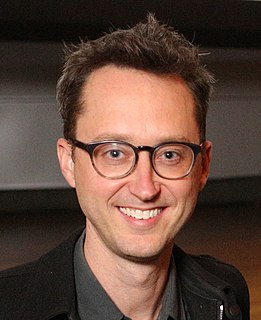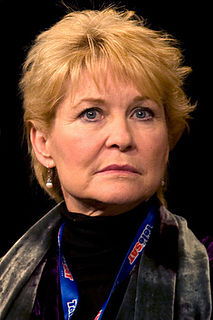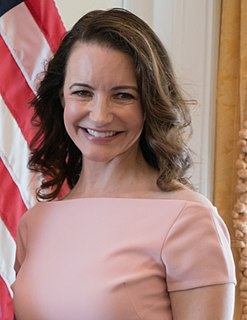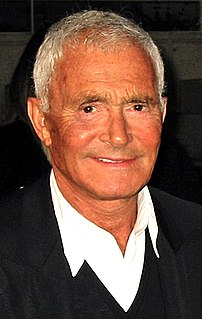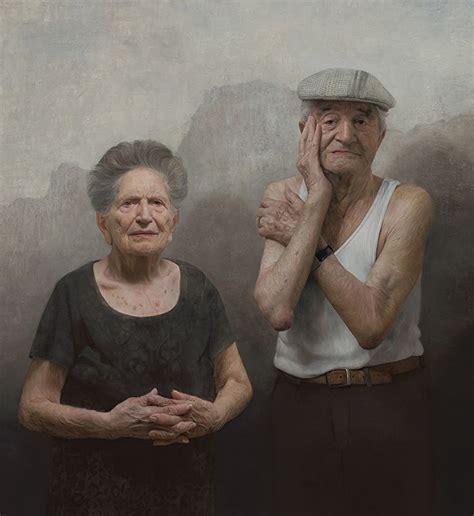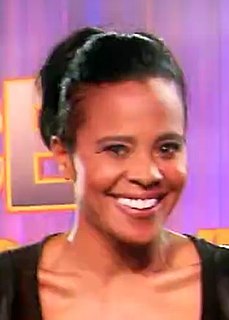A Quote by Matthew Porterfield
I learn more about how to run a set teaching six-year-olds. You go into a classroom as a teacher, and the most important work you do is create an infrastructure and an environment that's safe, in which children will feel able and free to take risk. Working with actors, you have to establish the same thing. Teaching a class is not so different than mounting a production.
Quote Topics
Related Quotes
I've been a teacher all my life. I've had my own dance studio, my own acting studio for 18 years out here... I'm just a natural teacher. I teach on all my healing work now. I think actors teach any time they work anyway. We're teaching emotions, we're teaching how to deal with emotions, we're teaching how to get around issues and deal with them. Actors are some of the best teachers in the world, because they're teaching you through entertainment, and you don't know you're getting a message.
If for you the most important thing is to make a lot of money, then you don't want to take a certain type of risk. If, on another hand, the most important thing to you is to make people around you have a more fulfilled life, then there is a different set of things that are important to you. Unless you really know that about yourself, you will never be able to appropriately assess risk.
It's so much more fun to do the work than to talk about it. I will have to admit that. Everybody gets to decide how they feel, and what to take away by themselves, and that's what you hope for. That people will take away different things and have different experiences from the work we do as actors. So I don't like to prescribe how to feel about the work I do.
I started doing yoga in my 20s. I did teacher training, that was what I was going to do if acting didn't work out. I started teaching other actors right at the beginning of the yoga craze - people still thought it was a little weird, but a lot of actors I knew were getting into it and didn't want to look foolish in class. So I started teaching them!
If you just do something, then you're a five-year wonder and, goodbye, you're gone. But if people feel it's worthwhile, not only do they copy but they want to learn how to do it To me, that's what it's all about. If someone were to ask me, 'What's the number one thing, in essence, that you left behind?' It was the teaching of others so that they could take my work and take it further.
People are often very frightened of their anger. They feel it will cause them to do something harmful. If you have this fear, create a safe situation where you can express your anger, alone or with a trusted therapist or friend. Allow yourself to talk angrily, shout, hit pillows, whatever you feel like. Once you've done this in a safe environment, you will have released some of the charge, and you can look underneath the anger to find what you need to do to take better care of yourself. Like any emotion, anger is a valuable tool, teaching us who we are and how we feel.
Teaching is a huge part of what I do. I love to think about what I do out loud, and the best way to do this is to teach. I usually learn a lot from the students in my workshops, because we work to build the classes around a collaborative environment where everyone is working towards the same goal of learning how to observe and see the subject well, because everyone brings different approaches and experiences with them, the other students and myself learn new methods that we can add into what we do.
Men, your primary responsibility in your home, after your wife, is you to disciple your own children. And if you don't do it, you're in sin; you are in sin. And if you turn it over to a Sunday school teacher, you are in sin. And you are to be teaching these children more than just stories about animals that went into Noah's ark. You're to be teaching them about God, about radical depravity, about blood atonement, about propitiation, expiation, justification, sanctification; you are to teach your children!
As a teacher and parent, I've had a very personal interest in seeking new ways of teaching. Like most other teachers and parents, I've been well aware painfully so, at times that the whole teaching/learning process is extraordinarily imprecise, most of the time a hit-and-miss operation. Students may not learn what we think we are teaching them and what they learn may not be what we intended to teach them at all.
Traditional education focuses on teaching, not learning. It incorrectly assumes that for every ounce of teaching there is an ounce of learning by those who are taught. However, most of what we learn before, during, and after attending schools is learned without its being taught to us. A child learns such fundamental things as how to walk, talk, eat, dress, and so on without being taught these things. Adults learn most of what they use at work or at leisure while at work or leisure. Most of what is taught in classroom settings is forgotten, and much or what is remembered is irrelevant.
I started teaching in '76 and I'd been a photographer at the Geographic for six years. But prior to being at the Geographic I was a teacher. Plus my parents were teachers and my brother and my grandparents. So it was the culture of our family to think about teaching, to talk about teaching, to talk about teachers.
